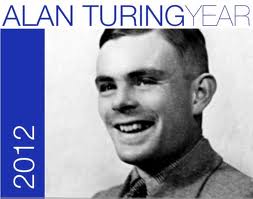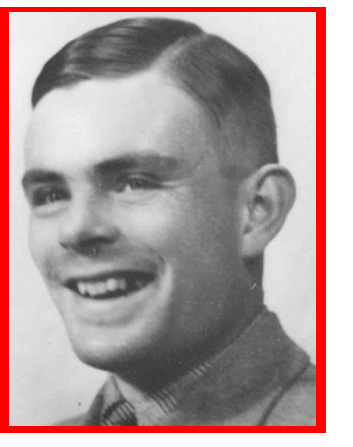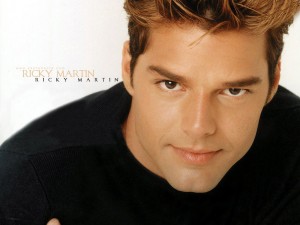On June 23rd 1912, in Maida Vale, London, a boy was born who would go on to become a world legend. He was a man without whom you may not be reading this piece by means of computer technology. Without whom the United Kingdom would possibly have starved during the Second World War, and would certainly have lost many more people at sea.
His name was Alan Mathison Turing.
Even in his early years, his teachers noticed a bright, intelligent young man, hungry for knowledge and nurturing a deep love for and affinity with mathematics. It was this love, this affinity, which would go on to change the world.
In 1926, at the age of 14, Alan went to Sherborne School, a famous independent school in the market town of Sherborne in Dorset. His first day of term coincided with the 1926 General Strike in Britain, but so determined was he to start classes that he rode his bicycle unaccompanied more than 60 miles (97 km) from Southampton to school, stopping overnight at an inn. It was at Sherborne that Alan Turing would meet his first love, Christopher Morcom.
Alan and Christopher spent most of the next four years together, until Christopher’s untimely death in 1930 from tuberculosis. This terrible loss not only marked the shattering of Alan’s religious faith and his becoming an atheist, it also sparked a genius for what would become computer technology and artificial intelligence. Desperately longing to hold on to Christopher, he started to wonder about whether it would be possible for a machine to contain the intelligence of a person, and thus his ideas were born.
Alan Turing went on to become a noted mathematician, logician, cryptanalyst, and computer scientist. His excellence in these fields was duly noted by his home country.
His work at Bletchley Park (also known as Station X) during the Second World War would lead to the creation of the “bombe,” a machine capable of cracking the German Enigma code. This secret code was being used to transmit coordinates for the U-boat bombing of U.K. supply and naval ships. It has been said that this action alone saved hundreds of thousands, if not millions, of lives. Turing also invented the “Turing test.” The idea was that a computer could be said to “think” if a human interrogator could not tell it apart, through conversation, from a human being. A variation of this test is now used on millions of websites around the world, the CAPTCHA code.

An outspoken, eccentric man, when reporting a burglary, Alan thought nothing of explaining to the police that the young man who had been at his home had been there for sex. It was this revelation that brought the laws of the time to be used against him. He was charged with “gross indecency” in 1952, and was given a choice between a lengthy prison sentence and chemical castration. He chose the latter and submitted himself to weekly, high-dosage injections of a synthesised female hormone. This “treatment” killed his male libido, caused his body to grow breasts, and, many say, stopped his ability to think in the revolutionary and inventive Turing way.
British authorities spied on him and hounded him, and considered him a security risk simply because of his sexuality. Friends that he had met whilst on holidays abroad were stopped from visiting him; his life was no longer his own.
In 1954, only weeks away from his forty-second birthday, Alan Turing was found dead in his home. A half-eaten apple lay on the table beside him. The post mortem revealed that he had died from cyanide poisoning, which, according to the official record had been administered through the apple.
In fact, the apple was never tested.
2012 is Alan Turing Year; a celebration of all the wonderful inventions he gave to the world and of the centennial anniversary of his birth. Millions across the world will pay tribute to this legend.
So remember: Every time you use a computer or any gadget that uses the same computer technology, such as your smart phone, you are paying a silent homage to Alan Turing.
Just as you are doing right now simply by reading this.
The Pink Triangle Theatre Film ‘Dear Alan’ has become an international success…
‘Dear Alan – A Tribute to Alan Turing’, is a short-film by Pink Triangle Theatre. Produced with borrowed equipment, no budget, and limited time, the venture was a labour of love for all involved. It is freely available online for all to see, and is also being offered as a DVD to schools, colleges and community organisations. There is no charge for the DVD, requests via email to info@pinktriangletheatre.co.uk. Donations are gratefully accepted through our website.
Visit The Pink Triangle Theatre on Facebook via this link…
OR
At their website via…this link
For a full list of events for Alan Turing Year 2012 … visit here.
Learn More about Alan Turing in the Following two videos..
The first is more about what happened with his lover.
The second is more about his inventions and achievements. Enjoy!
Video #2….
Alan Turing. Lover. Legend. Victim.,




